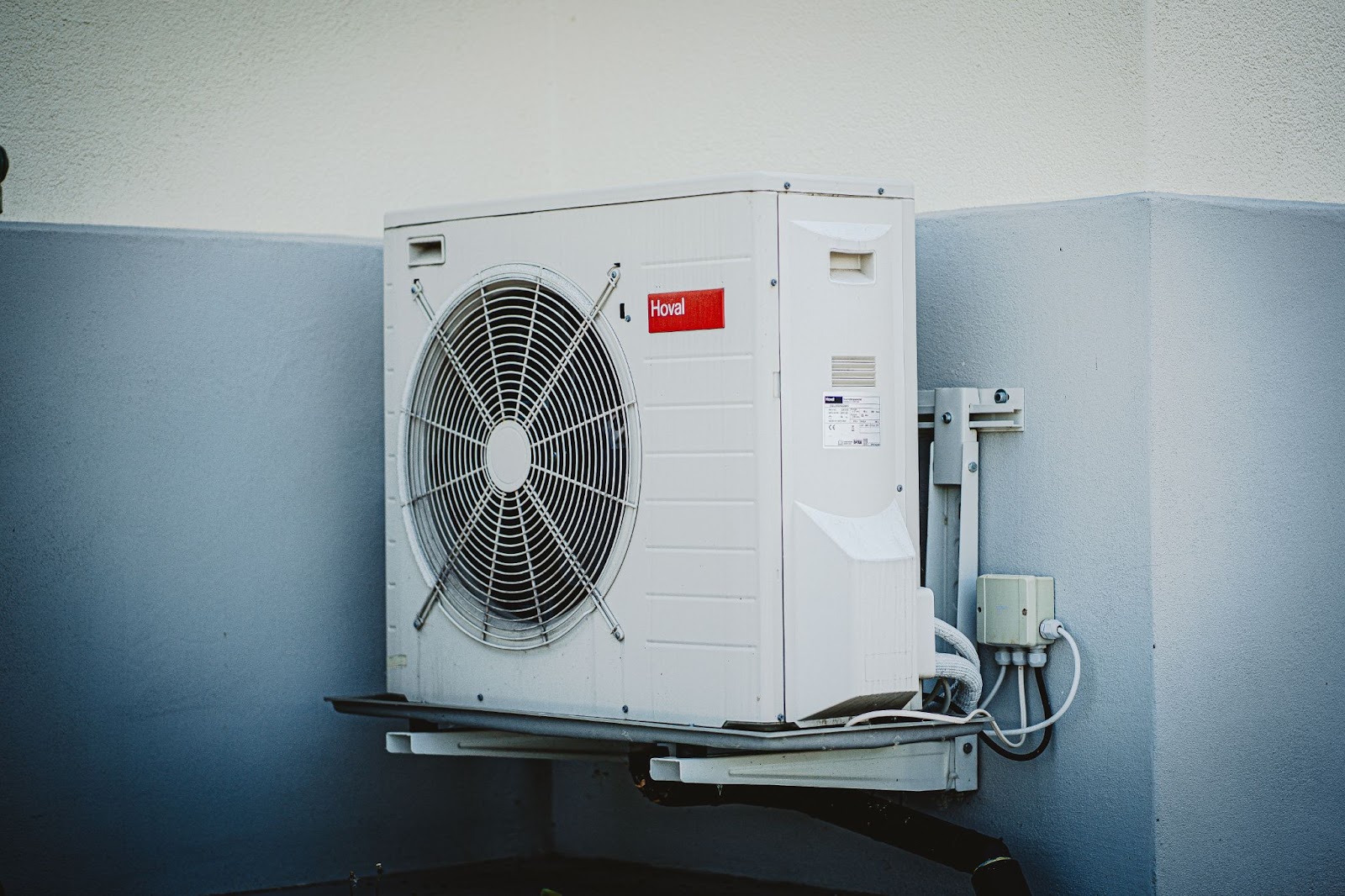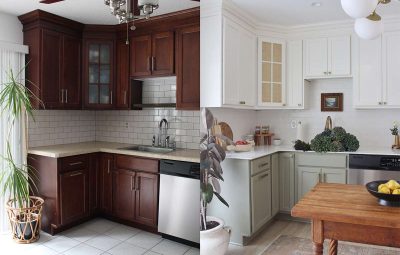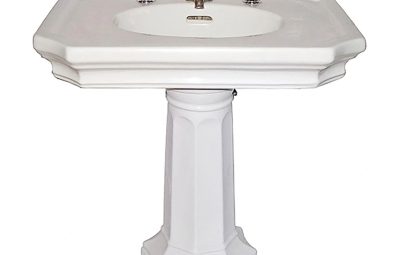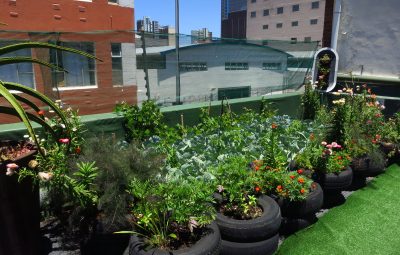If you live in a country where the summers can be very hot and the winters really cold, there is a great possibility that you need an HVAC system to keep you comfortable all year round.
In general, HVAC is shorthand for heating, ventilation, and air conditioning. Its primary purpose is to maintain indoor air quality by providing thermal comfort and adequate ventilation. It also keeps your home cool, comfortable, and warm, depending on the season.
However, in order to reap the full benefits of your HVAC system, it is important to first understand the basics.
Here is a brief guide to help you learn everything you need to know about HVAC systems.
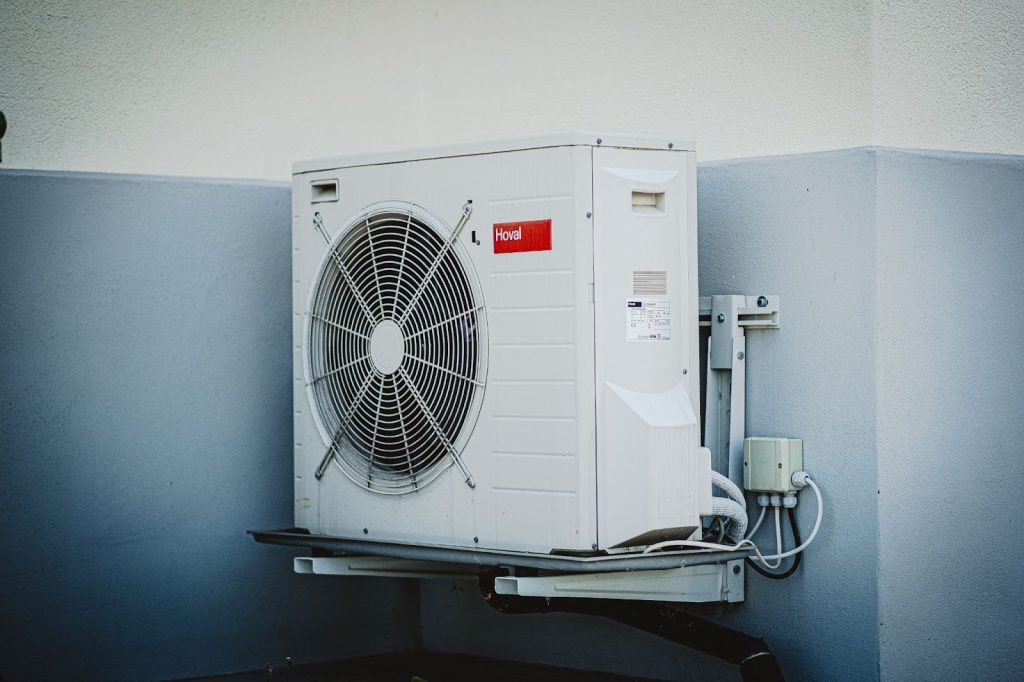
Photo by Carlos Lindner from Unsplash
The components of HVAC
An HVAC system is made up of several components that work together. Understanding the functions and purpose of each component can help you keep your HVAC system running smoothly.
For example, the AC refrigerant is one of the key components of the HVAC system that absorbs heat and delivers cool air to your home.
Another important component of an HVAC outdoor unit is the condenser which dissipates heat from the outside during cooling.
Other essential parts of HVAC include the ductwork, vents, blower motor, compressor, and evaporator coils. Keep in mind that if any of these parts aren’t working properly, you should repair them immediately.
You might consider working with local professionals as they can help you get back to being comfortable as fast as possible in case of an emergency. For instance, if you live in Ottawa, Canada, look for quality HVAC Ottawa services nearby to get professional installation or repairs by local HVAC experts in no time.
Types of HVAC systems
There are different HVAC system types, all of which can suit different people’s needs and budgets.
For example, the cooling and heating split systems are one of the most popular types of air conditioners. As their name implies, they provide both heating and cooling functions and have a high SEER rating and energy efficiency.
Another popular type of HVAC is the hybrid split system. This system operates similarly to the split system but consumes less energy because of its hybrid functionality. It switches between electricity and gas power as per requirement, which further helps owners save on their electricity bills in the longer term by minimizing energy usage.
Other HVAC systems you can consider are the ductless mini-splits, packaged HVAC systems, and geothermal HVAC systems.
Smart HVAC systems
If you don’t want to purchase a conventional HVAC system, you can get a smart one. This system, like any other smart device, can be connected to the internet. This means you can access your air conditioner remotely using multiple features. You can connect your smartphone to your smart HVAC unit and control it from anywhere and anytime.
If you want, you can even connect it to a smart home system like Google Home or Amazon Alexa and have your air conditioning unit work in conjunction with all your smart devices.
However, it is important to note that these smart air conditioners are very costly, ranging between $300-$3,000 or even more. If you cannot afford them, there are some ways you can make your conventional air conditioning unit smart, such as opting for smart AC controllers and investing in smart thermostats.
How long do HVAC systems last?
Depending on the type of system you have as well as other factors such as maintenance, size, usage, and climate, your HVAC system can typically last 10 to 15 years.
Unfortunately, if you don’t maintain it properly, you can significantly accelerate the wear and tear and even reduce the unit’s lifespan. For example, oversizing your unit can cause it to turn too fast, which could lead to motor failure. On the other hand, under-sizing it can cause it to work harder and reduce its lifespan.
Additionally, HVAC units that are installed near the coasts tend to last a lot longer because of increased corrosion.
In order to keep your system working for as long as possible, you need to perform regular tune-ups, use a clean air filter and reduce the AC’s load.
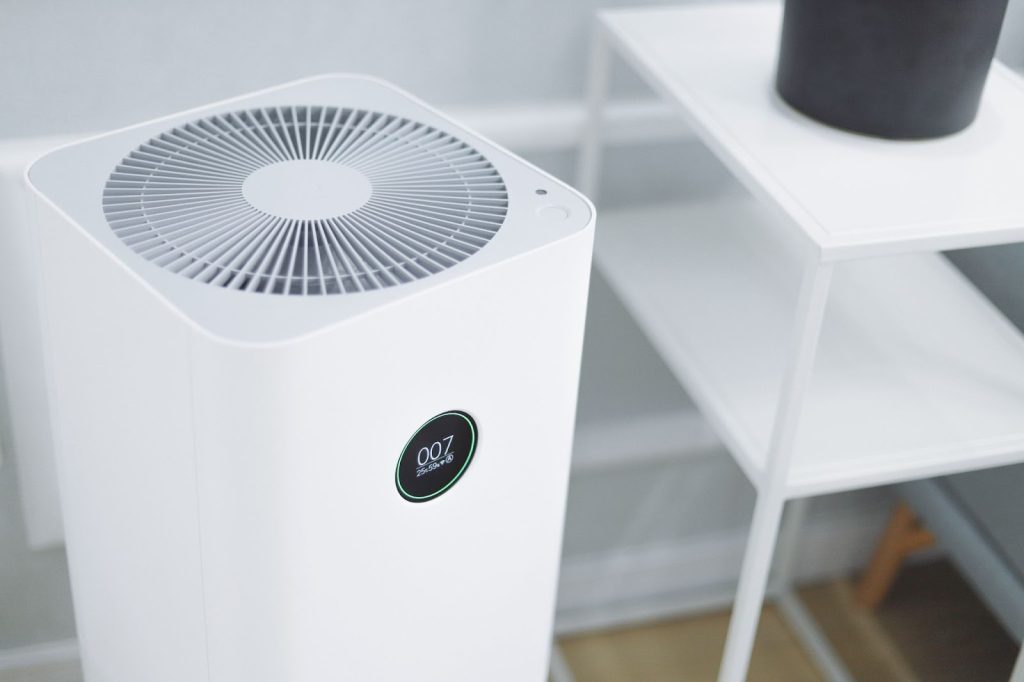
Photo by Raychan from Unsplash
Final thoughts
If you want to be able to get through summers and winters with ease, installing an HVAC system is the best option for you. However, before you make your way to the store to purchase your unit, it is important that you first get acquainted with the basics of HVAC systems and how they operate.
For more information, refer to our post and learn everything you need to know about HVAC, including its essential components, types, durability, and cost-effectiveness.


